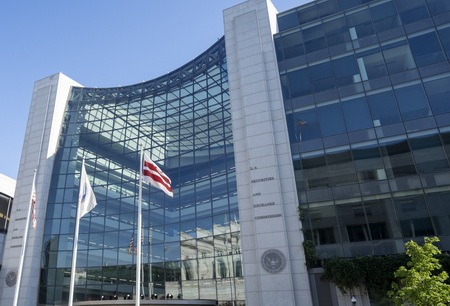
Congress needs to pass a continuing resolution (CR) by next Saturday, Nov. 18 to avoid a partial government shutdown if appropriations bills are not enacted for the fiscal year that began Oct. 1. (CQ and The Hill, Nov. 9)
CR vs Shutdown
CRE Conditions

Roundtable President and CEO Jeffrey DeBoer said, “Various CRE markets and asset classes need more time to adapt to the new preferences of clients; more flexibility to restructure their asset financing; and patience while adjusting to the evolving valuation landscape. In addition to conversion activities, The Roundtable continues to urge the federal government to return to the workplace and support measures to assist loan modifications and increase liquidity available to all asset classes and their owners. We also remain opposed to regulatory proposals that impede capital formation.” (Roundtable news release, Nov. 3)
# # #

One of the commissioners from the Securities and Exchange Commission (SEC) and two U.S. Senators suggested this week that further analysis may be needed for a highly anticipated SEC rule on climate reporting, which includes a proposal for sweeping disclosures on Scope 3 GHG emissions. (Bloomberg Law, Nov. 7 | SEC headquarters in Washington, DC, above)
Stakeholder Comments
Senators Support Additional Feedback

Roundtable Comments on Scope 3

The Roundtable’s Sustainability Policy Advisory Committee (SPAC) plans to respond to any further developments on the SEC’s proposed climate disclosure rule or other climate-related regulatory proposals affecting CRE.
# # #

This week, policymakers addressed proposed regulations to increase capital requirements for the nation's largest banks, known as the “Basel III Endgame,” which could have a significant impact on available credit capacity for commercial real estate transactions, as well as undermine liquidity and economic growth.
Congressional Hearings
Views from the Regulators

The Roundtable’s Real Estate Capital Policy Advisory Committee (RECPAC) met in New York City yesterday to discuss the Basel proposal, other federal policies impacting capital and credit issues, and market conditions. RECPAC has established a working group on Basel III to develop comments, due by Nov. 30, on the Basel III Endgame proposal.
# # #